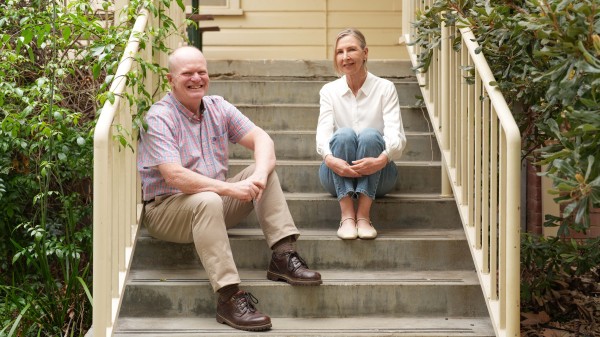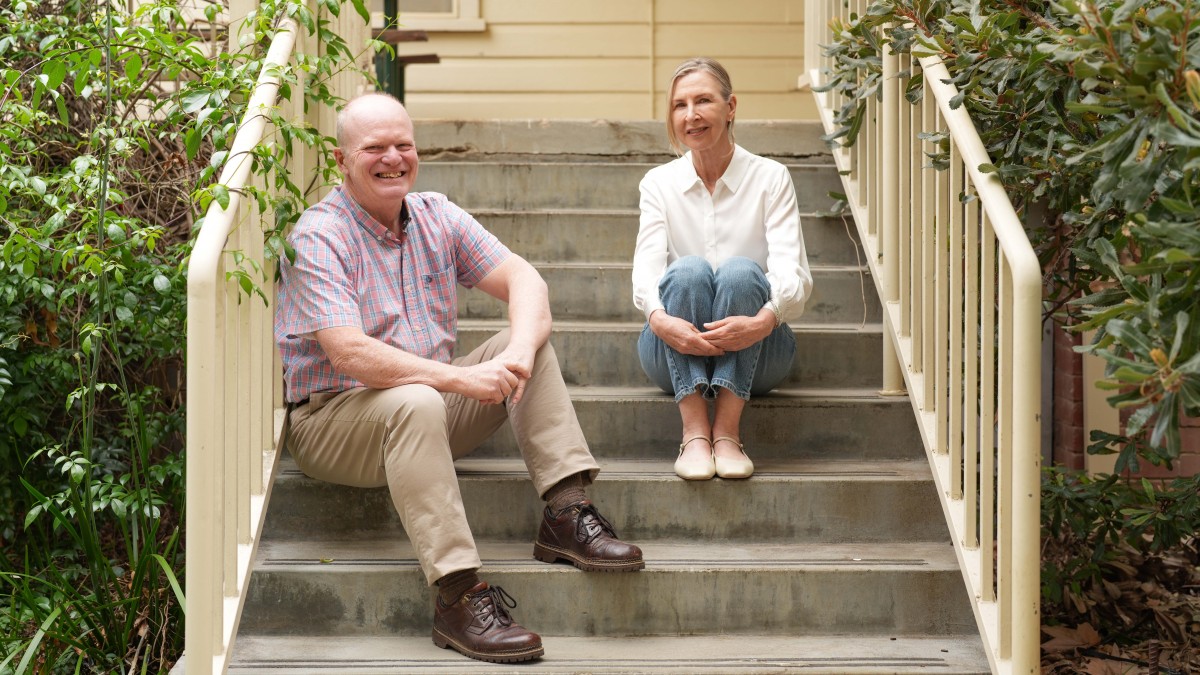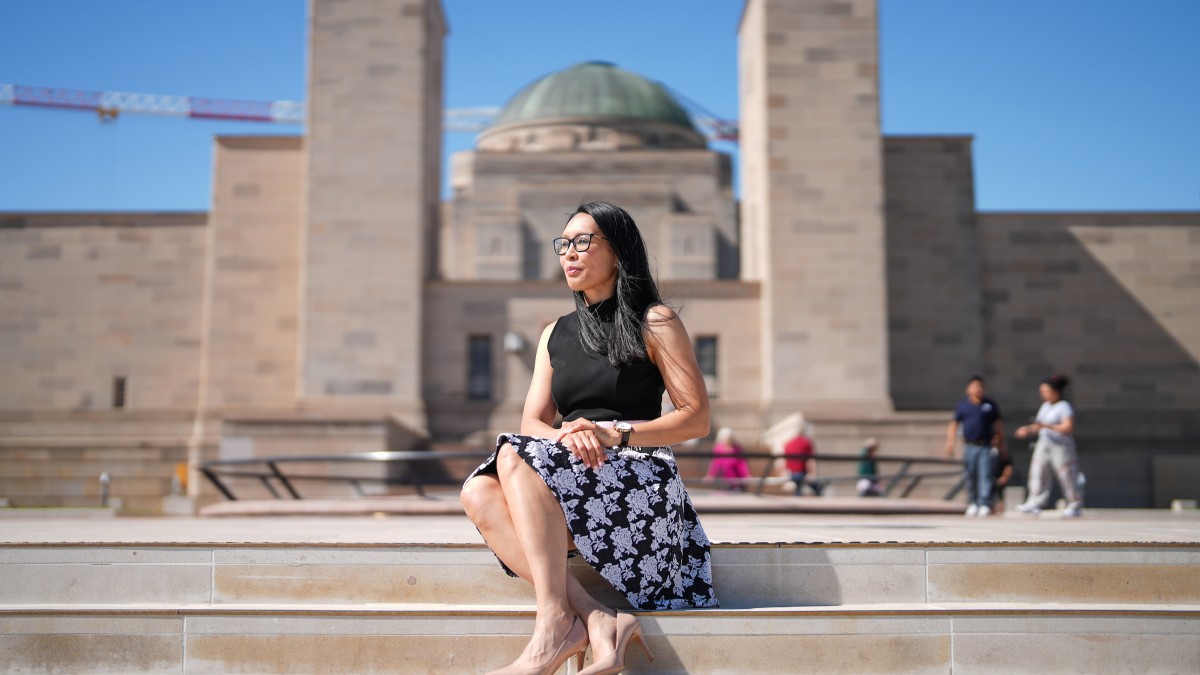As thousands flock to the Sydney Gay and Lesbian Mardi Gras this year, they will celebrate their identities in a sea of glitter and rainbows as community spirit lights up the city.
Recognising the protest history of the 42-year-old festival, in Sydney and across Australia, people will be embracing this year’s theme of ‘What Matters’.
‘What Matters’ acknowledges that although we have come so far, there is still much further to go for Lesbian, Gay, Bisexual, Transgender and extended Queer (LGBTQ+) rights in Australia.
For recent ANU graduate Sarah Passmore, this includes ensuring that LGBTQ+ communities can access healthcare that fits their needs.
“There is still fear and discomfort today amongst some LGBTQ+ people when going to the doctor,” she says of her research at the ANU Research School of Population Health.
“There isn’t a lot of information on LGBTQ+ access to the Australian primary healthcare system, which is what drew me to this field of study for my honours year.”
After interviewing LGBTQ+ Australians about their experiences accessing healthcare for her Bachelor of Science (Advanced) (Honours) degree, Sarah identified some recurring themes.
“The first thing was GP and healthcare provider knowledge of LGBTQ+ communities and differences in each individual’s specific healthcare needs,” she says.
When it came to accessing services, Ms Passmore says people not only highlighted difficulties with accessing care for their physical health, but also with access to sexual and mental healthcare.
“In the medical realm, things are defined very strictly, whereas in LGBTQ+ subcultures, definitions can be fairly loose. What you call yourself is defined by you - it doesn’t have to mean the same thing for the next person over.
“Many of the health issues that LGBTQ+ communities are facing don’t necessarily fit neatly into that medical model. It just doesn’t mesh.”
She says one of the barriers to accessing appropriate healthcare even occurs before you talk to the doctor.
“In the waiting room you will be asked to fill out basic information about yourself,” she says. “It’ll have boxes for male, female, and then maybe just ‘other’.
“For some, that’s not enough to describe themselves accurately, and it won’t accurately communicate their health care needs either.”
She explains that whilst the LGBTQ+ acronym is broad, there are many layers and subsets within the community which impact healthcare access.
“Even within the LGBTQ+ community, they’re not one group with one set of needs. There are a lot of different communities with different needs.
“Lots of different factors impact whether or not someone will tell a healthcare provider if they were LGBTQ+,” she noted. “Whether they thought it was necessary for communication purposes, whether there was no avoiding it, or relevance… Those factors impact disclosure.”
Another important area is representation at every stage of decision making.
“If you don’t have the right representation when people are doing the research and making the policy, then you’re going to end up with structures that that don’t meet everyone’s needs.
“The science you do impacts the policies that are made, which impacts the structures that exist, which impact the lives of people.”
There are still steps healthcare providers can take to improve access to healthcare for LGBTQ+ people in Australia, though.
“I found LGBTQ+ people often turn to the community for health advice and support, so if a healthcare provider partnered with a trusted LGBTQ+ organisation, they might feel more comfortable going there.
“Some participants said they would feel more comfortable if there were other signs of support like badges, posters or flags.”
So when it comes to ‘What Matters’ in the Australian primary healthcare system, there is still much to learn from the LGBTQ+ community.
If the healthcare system is able to do so, the barriers of anxiety and the unknown between LGBTQ+ people and Australian primary healthcare may fall, just as they did 42-years-ago at the march that started it all to create the welcoming, exciting celebrations of diversity that we have today.










